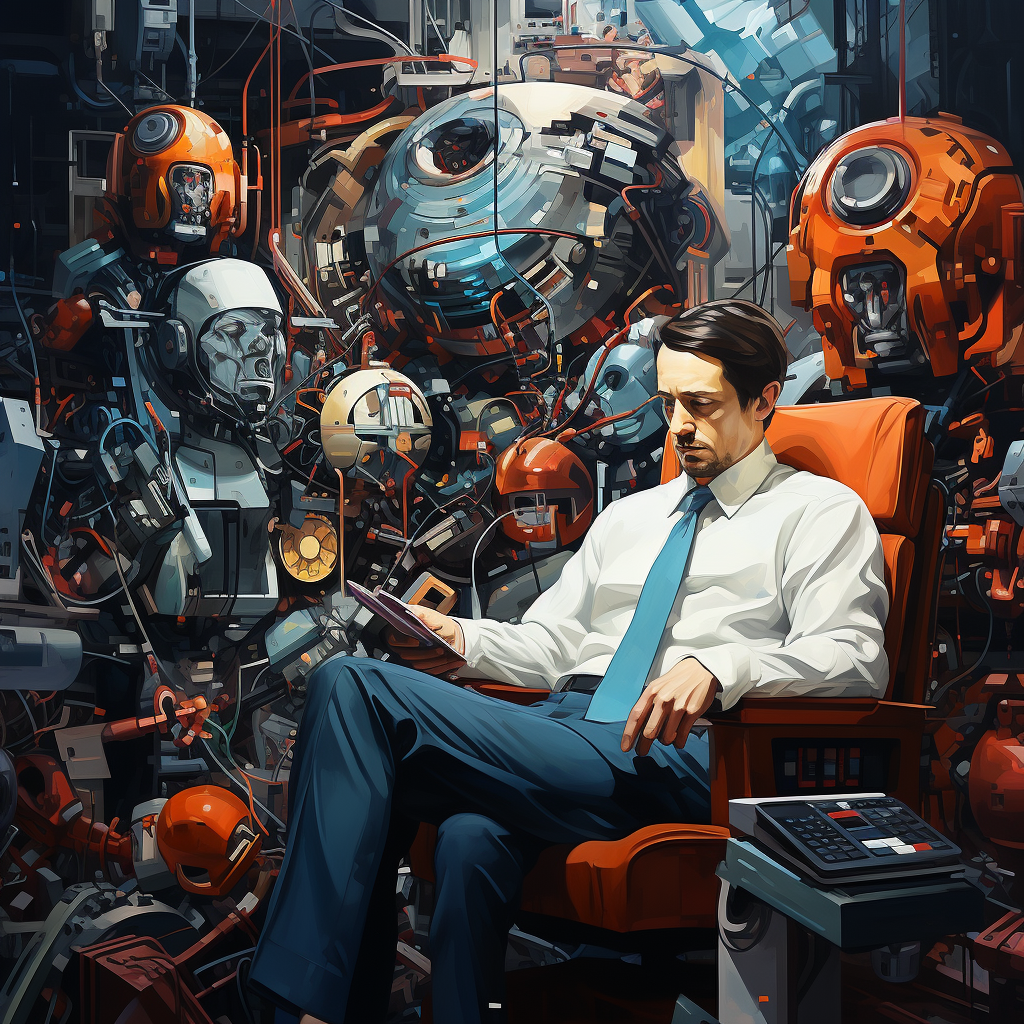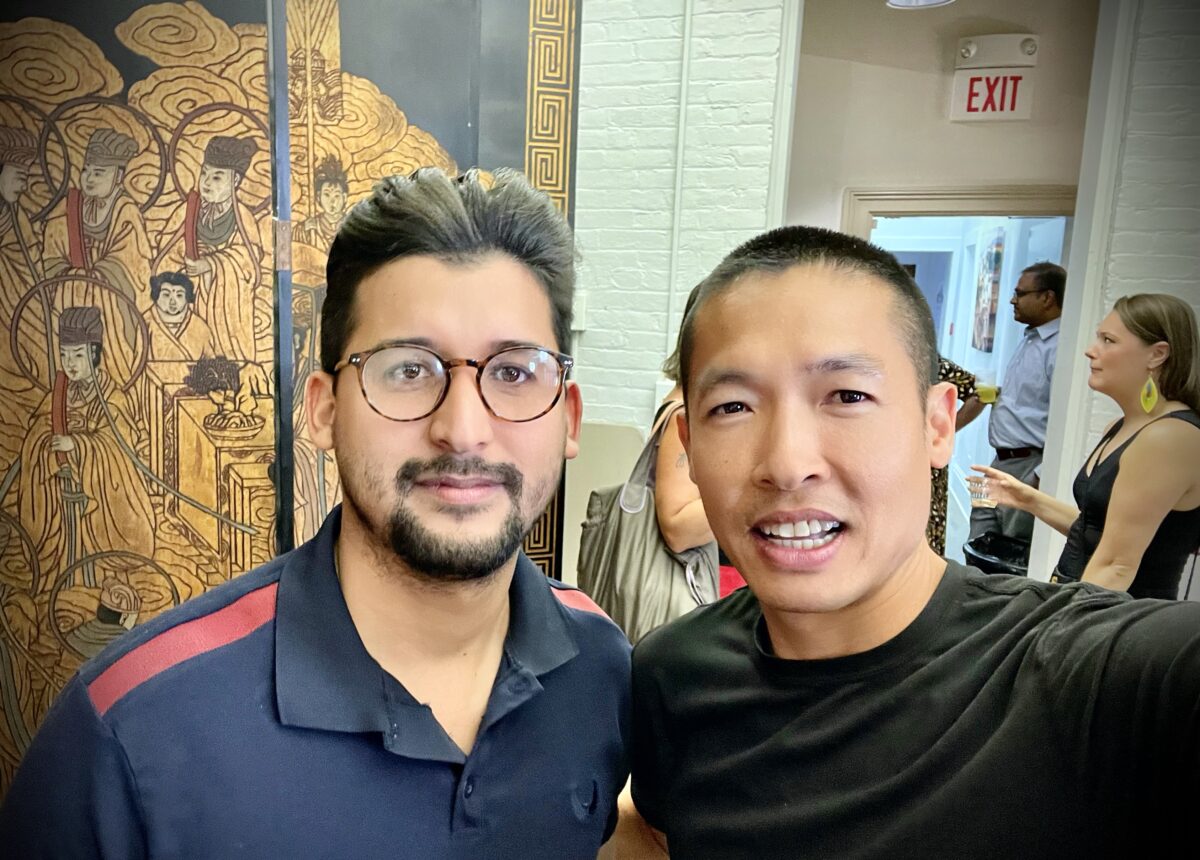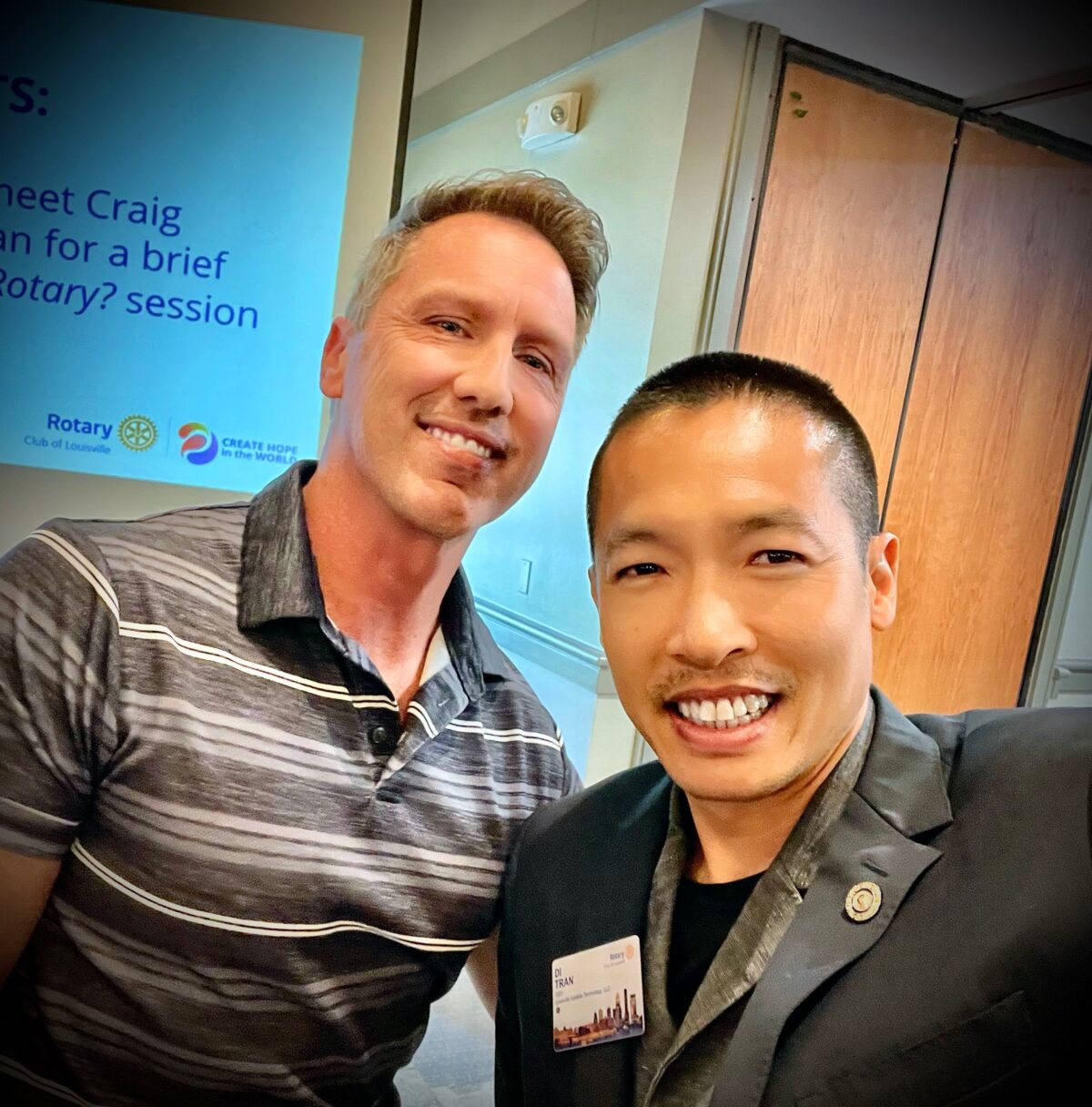As the world hurtles forward into the digital age, significant challenges arise, particularly concerning the mental health of our societies. The advent and rapid proliferation of social media platforms, artificial intelligence, and chatbots have transformed the way humans interact, with far-reaching implications for mental health. Facebook, Twitter, and Tikko compete fiercely for human attention, particularly among the younger generation, leveraging the instant gratification of ‘likes,’ ‘loves,’ and other reactions that tap into our dopamine-driven reward pathways. This shift toward virtual interactions has raised critical questions about the impact on human well-being, with data suggesting a spike in mental health issues such as depression and suicidal tendencies^[1^]. Furthermore, the rise in the number of single people opting out of marriage may be another alarming indicator of our changing social dynamics^[2^].
Compounding these issues is the emergent world of AI chatbots, designed to provide comfort and companionship to humans. While these innovations might be seen as a way to alleviate loneliness, they can also foster over-reliance on artificial companionship, leading to decreased human interaction. Sexual chatbots represent a particularly controversial development in this field, with some critics arguing that they may further contribute to the rise in singlehood and decreased social interaction^[3^].

So where does this leave us? The answer is not entirely clear, and the world is still grappling with these multifaceted challenges. However, there are some who are looking for solutions that balance the benefits of technology with the need for genuine human interaction. Di Tran, co-founder of Di Tran Enterprise, is one such individual. He is at the forefront of creating meaningful AI technologies that promote real-life interaction.
Di Tran Enterprise has developed several tools aimed at fostering human interaction and connection in the digital age. Their volunteer collaboration tool encourages individuals to work together on meaningful projects, fostering a sense of community and purpose. Their meeting tools are designed to facilitate effective communication and collaboration, while their talent placement tool, MiaHire USA, helps to nurture and place human talent in relevant roles, fostering personal development and career growth.
Despite the challenges, it is crucial to remember that technology, like any tool, is not inherently good or bad—it is how we use it that determines its impact on society. As we navigate this new digital world, we must strive to use these tools in a way that promotes mental well-being and facilitates meaningful human interactions, rather than replacing them.
It is also important to increase investment in mental health research, to better understand the intricate relationship between technology use and mental health outcomes. Policymakers, educators, and parents all have a role to play in promoting healthy digital habits, while tech companies need to acknowledge and address the potential harms their products can cause. By working together, we can harness the potential of technology to improve mental health, rather than exacerbate its challenges.
As we continue to explore this brave new world, the words of philosopher and technologist Amber Case resonate: “We are all cyborgs, but don’t have to be a lonely one.”^[4^]
References:
- Twenge, J. M., Joiner, T. E., Rogers, M. L., & Martin, G. N. (2018). Increases in depressive symptoms, suicide-related outcomes, and suicide rates among U.S. adolescents after 2010 and links to increased new media screen time. Clinical Psychological Science, 6(1), 3-17.
- Rotermann, M. (2015). Trends in teen sexual behaviour and condom use. Health Reports, 26(6), 10-17.
- Marchant, R., Hawton, K., Stewart, A., Montgomery, P., Singaravelu, V., Lloyd, K., Purdy, N., Daine, K., & John, A. (2017). A systematic review of the relationship between internet use, self-harm and suicidal behaviour in young people: The good, the bad and the unknown. PLoS ONE, 12(8), e0181722.
- Case, A. (2010). We are all cyborgs now. TED Talks.




















